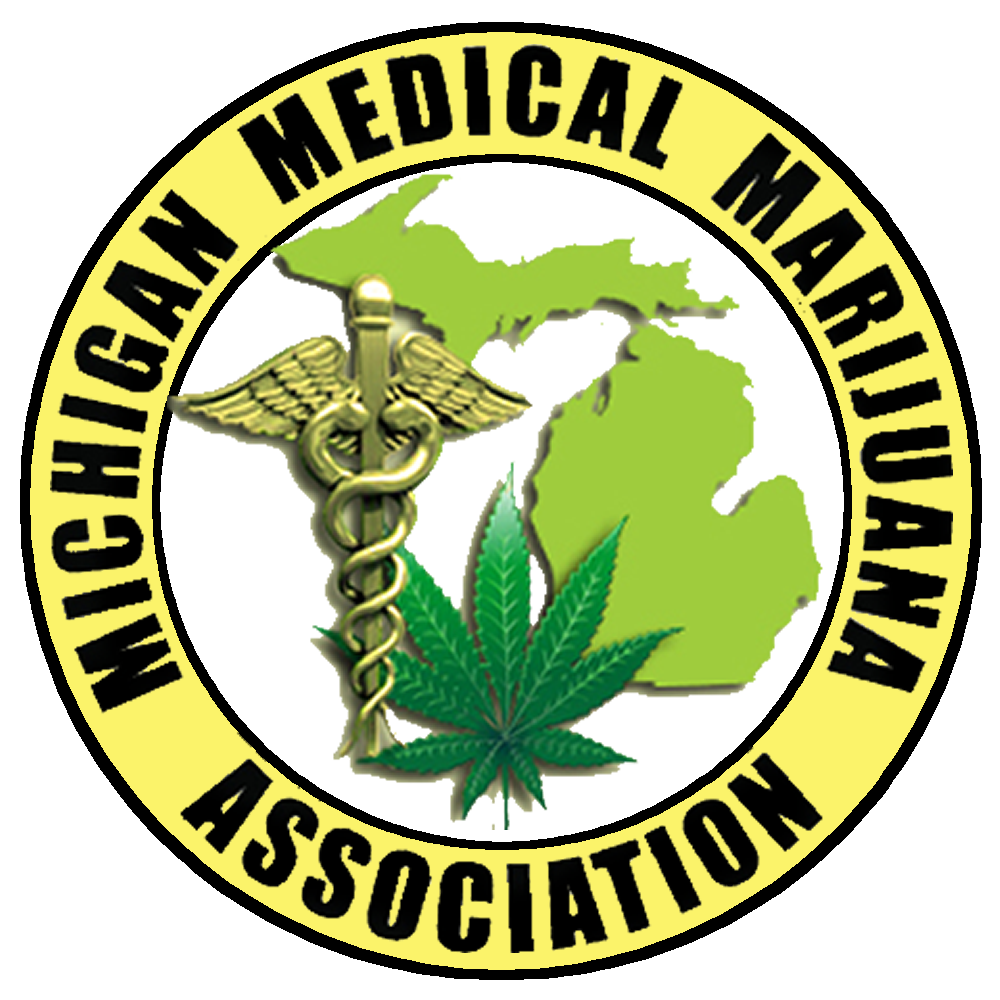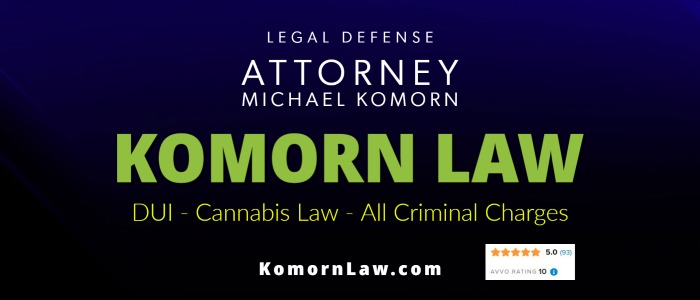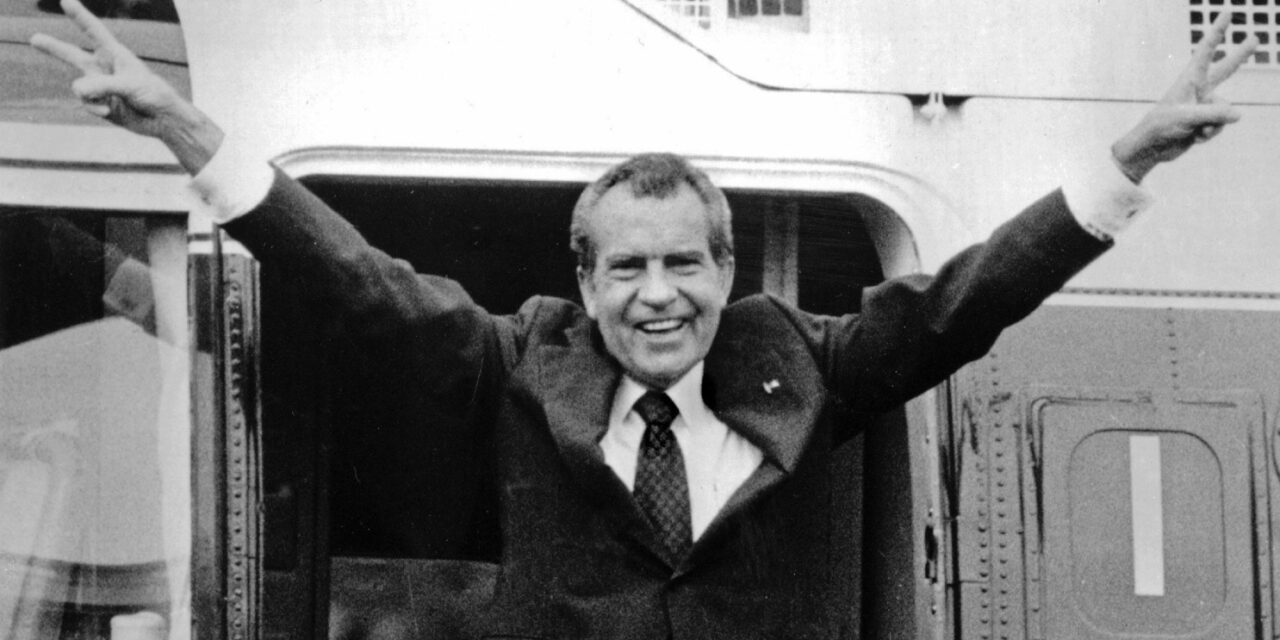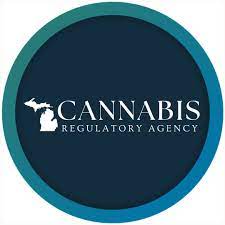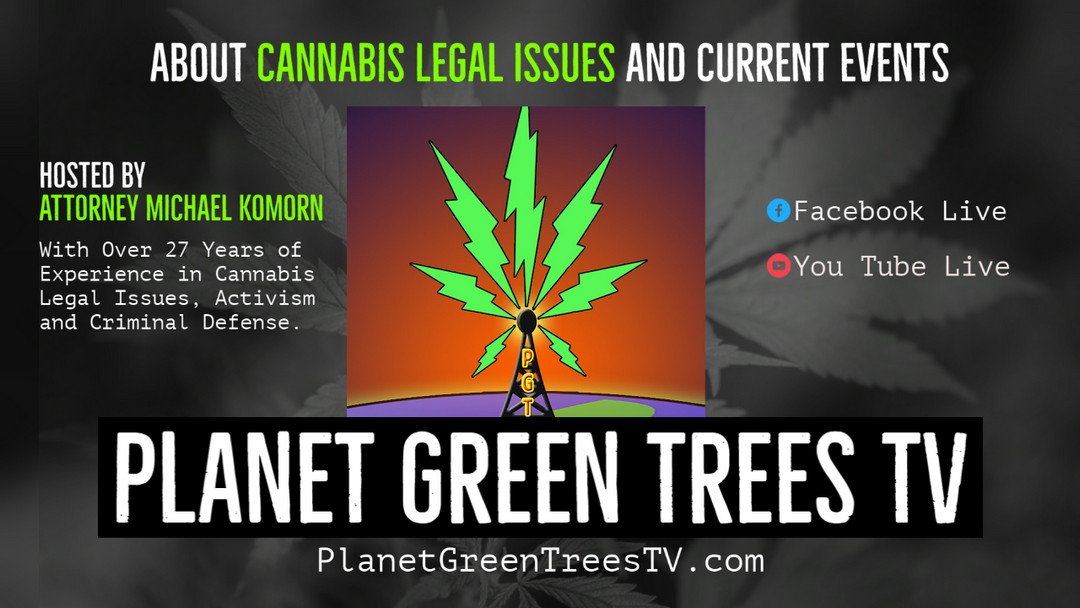President Nixon’s National Commission on Marihuana and Drug Abuse concluded in 1972, after years of research, that, “[t]here is little proven danger of physical or psychological harm from the experimental or intermittent use of natural preparations of cannabis.” Despite the fact that it had been established in the hopes of finding fuel for just the opposite conclusion, the commission recommended the decriminalization of marijuana for personal use. Nixon ignored the recommendation of the commission his administration had appointed.
Table of Contents
The Report
Letter of Transmittal
I. Marihuana and the Problem of Marihuana
II. Marihuana Use and Its Effects
- The Marihuana User
- Demographic Characteristics
- Patterns of Use
- Profiles of Users
- Becoming a Marihuana User
- Becoming a Multidrug User
- Effects of Marihuana on the User
- Effects Related to Pattern Use
- Immediate Drug Effects
- ShortTerm Effects
- Long Term Effects
- Very Long Term Effects
- Summary
III. Social Impact of Marihuana Use
- Marihuana and Public Safety
- Marihuana, Public Health and Welfare
- Assessment of Perceived Risks
- Preventive Public Health Concerns
- Marihuana and the Dominant Social Order
- The World of Youth
- Why Society Feels Threatened
- The Changing Social Scene
IV. Social Response to Marihuana Use
V. Marihuana and Social Policy
- Drugs in a Free Society
- A Social Control Policy for Marihuana
- Implementing the Discouragement Policy
- A Final Comment
Legal and Law Enforcement Recommendations
Index of Contributors, Contractors and Consultants
The Appendix
The Technical Papers of the First Report of the National Commission on Marihuana and Drug Abuse, March, 1972
Part One — Biological Aspects
I. History of Marihuana Use: Medical and Intoxicant
- History 0f the Medical Use
- The 19th Century
- Medical Uses in the 20th Century
- History of the Intoxicant Use
II. Biological Effects of Marihuana
- Botanical and Chemical Considerations
- Factors Influencing Psychopharmacological Effect
- Acute Effects of Marihuana (Delta 9 THC)
- Effects of Short-Term or Subacute Use
- Effects of Long-Term Cannabis Use
- Investigations of Very Heavy, Very Long-Term Cannabis Users
III. Behavioral and Biological Concomitants of Chronic Marihuana Smoking by Heavy and Casual Users
Part Two — Social Aspects
I. Marihuana Use in American Society
- Surveys of Marihuana Use
- The Incidence and Prevalence of Marihuana Use
- The Future of Marihuana
- Why People Use Marihuana
- Becoming a Marihuana User
- Circumstances of First Marihuana Use
- The Marihuana User
- The Patterns of Marihuana Use
- Marihuana Use and the User: 1972
II. Marihuana and the Use of Other Drugs
- Empirical Data on the Escalation Process
- Youth Drug Use Survey
- Summary
III. Marihuana and Public Safety
- Problems in Assessing the Effects of Marihuana
- Marihuana and Violence
- Marihuana and Sexual Behavior
- Marihuana and (Non-Violent) Crime
- Public and Professional Opinion
- Studies of Offender Populations
- The Relationship Between Marihuana and Crime
- Excerpts from Marijuana Use and Crime – Preface
- The Effects of Marijuana
- Crimes Under the Influence
- Who Commits Crime and Who Doesn’t?
- Marijuana Use and Crime – Causal or Spurious
- Summary and Conclusions
- Summary and Conclusions: Marihuana and Crime
- Marihuana and Driving
Part Three — Legal Aspects
I. Control of Marihuana, Alcohol and Tobacco
II. The Legal Status of Marihuana
- International Control
- The Control of Marihuana Under Federal Law
- Control of Marihuana at the State Level
- The Role of Ancillary Offenses and Constructive Possession in Controlling Marihuana
- Marihuana Control at the Local Level
- Analysis of Statutes Requiring Physicians to Report Drug Addiction
III. Trafficking Patterns of Marihuana and Hashish
- Marihuana Traffic From Mexico
- Marihuana Traffic From Jamaica
- The Growing Hashish Traffic
Part Four — Response of the Criminal Justice System to Marihuana Use
Introduction
I. Enforcement Behavior at the State Level
Enforcement Behavior at the Federal Level
- General Trends
- Federal Enforcement of the Marihuana Laws: 1970
III. Opinion Within the Criminal Justice System
- Prosecutorial Opinion
- Opinion of Court Officials
Part Five — National Survey
I. A Nationwide Study of Beliefs, Information and Experiences
- Main Report
- Methods and Procedures
Part Six — Social Policy Aspects
I. The Constitutional Dimensions of Marihuana Control
- Substantive Limitations on the Criminal Law
- Federal Preemption of Marihuana Control
II. Models and Statutory Schemes for Controlling Marihuana
- Law and Social Policy
- Legal Implementations of Marihuana Control Policies
- Formulating a Legal Scheme
- Implementation of Alcohol Prohibition
Marihuana and Education
- Drug Programs in American Education
- State Departments of Education Survey
- Commission Visits
- Drug Education Programs of Special Interest
- Marihuana Education in State Programs
- Surveys of College Drug Courses
- The Federal Government and Drug Education
Research Needs and Directions
- Biomedical
- Psychosocial
- Legal and Law Enforcement
